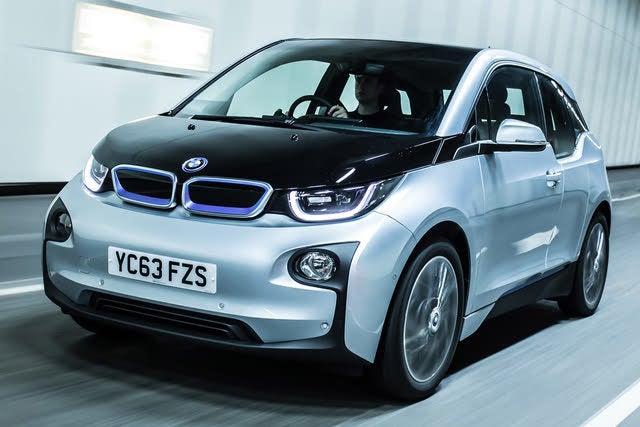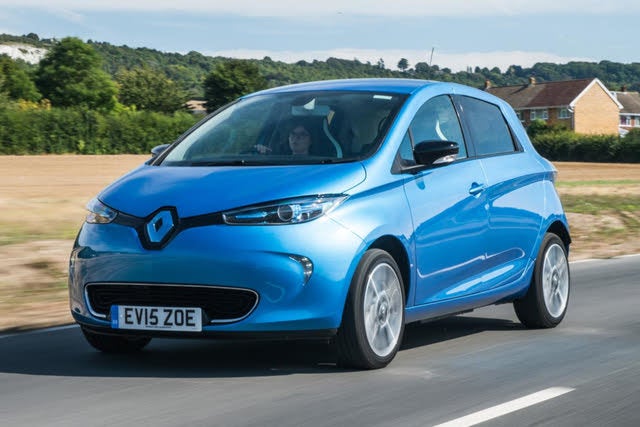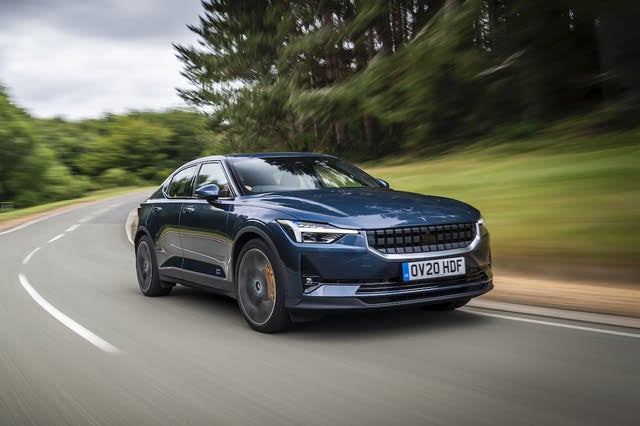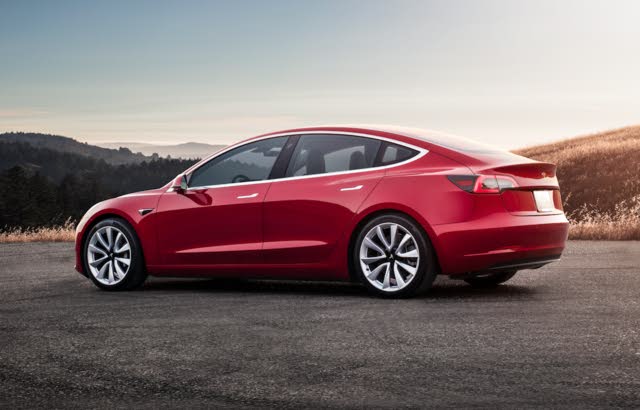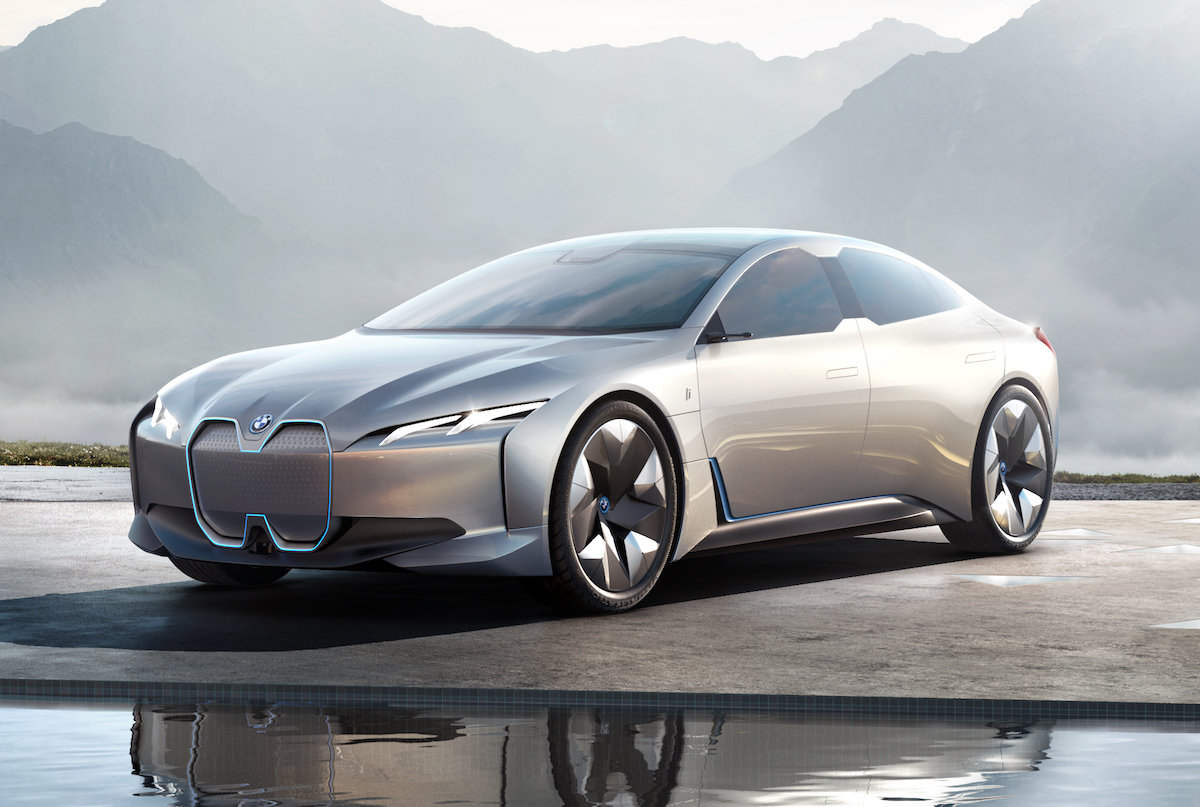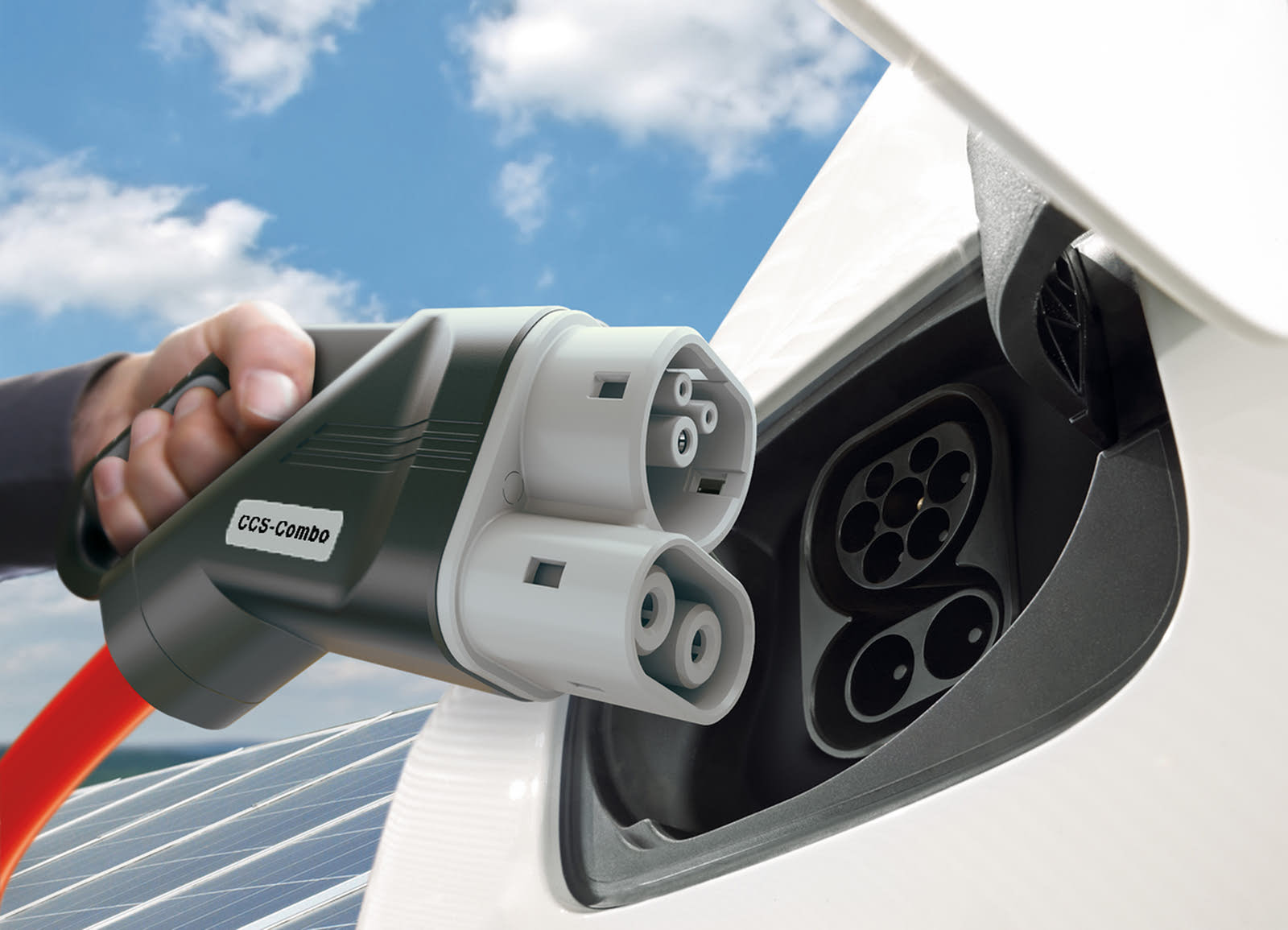Most EV owners will charge up at home, where standard domestic electricity currently costs around 14p/kWh on average. To calculate how much your prospective EV will cost to charge, simply multiply your price per kWh by the size of the car’s battery. For example, a complete 50kWh battery recharge at 14p/kWh will cost £7.
However, there are a few important things to consider. First, you can save a huge amount on ‘fuelling’ your EV by shopping around for a good electricity tariff. There are a number of EV-specific tariffs available that offer power during off-peak hours from as little as 4p/kWh. Octopus, EDF and OVO are some of the best providers for electric car tariffs, not only because they offer low rates but also because they supply green energy.

The vast majority of EV owners will make use of overnight charging, which is easy to do since most EVs offer timed charging parameters that you can set in the car’s menus (or often via a phone app). Even if you don’t do this and pay the full average utilities price, most electric cars work out at around 4–6p per mile to fuel; roughly a third of what you’ll pay to fuel a petrol car doing 40mpg, or half of a diesel car doing 55mpg. Using those off-peak tariffs will obviously widen that disparity much further.
Buying an efficient EV is the other big consideration. The laws of physics dictate that big performance SUVs such as the Jaguar I-Pace, Audi e-tron, Tesla Model X and Mercedes EQC will be less efficient than something like a Nissan Leaf.
On the subject of efficiency, any EV owner needs to get used to miles per kWh (miles/kWh), which is mpg for electric cars. It’s very simple to understand, too, since it’s literally the distance the car will go per kWh of its battery capacity.
As an example, the Kia e-Niro is one of the most efficient electric cars in real world use, and you’ll see well over 4.0 miles/kWh even in colder weather and motorway use. That means that the usable 64kWh battery will get you 256 miles (4.0 multiplied by 64) and will cost 3.5p per mile to fuel at 14pence per kWh. By comparison, an Audi e-tron will do more like 2.3 miles per kWh, so even with a bigger usable battery capacity of 83.6kWh it’ll do more like 192 miles in varied everyday use, which works out at over 6p per mile.
You want the highest miles/kWh figure possible for the best efficiency and cheapest running costs, so don’t forget to look at this figure if you’re keen to save the pennies and the environment.
Charging at public rapid chargers is much more expensive and varies drastically, but you can read more about the costs in our guide to how much it costs to charge and electric car.
Other ownership expenses for EVs tend to be on a par, or lower than for a petrol or diesel car. Insurance is now roughly the same as ICE alternatives, while servicing costs are typically lower because an EV has far fewer moving parts and requires servicing less frequently. However, servicing schedules for electric cars vary greatly depending on the manufacturer and some still require a service every year to maintain the warranty.
For the same reason that servicing isn’t needed so often, electric cars tend to be more reliable overall. There is simply less to go wrong with an electric motor, which has around four moving parts, than there is with a combustion engine, which has roughly 10,000 moving parts. That’s not to say that there can’t still be issues with software, bodywork, ancillary electrics (lights, heating etc) just as there can be with any car – and charging hardware can play up on EVs, too - but as far as the powertrain goes, an EV is a far simpler object than a petrol or diesel engine.
